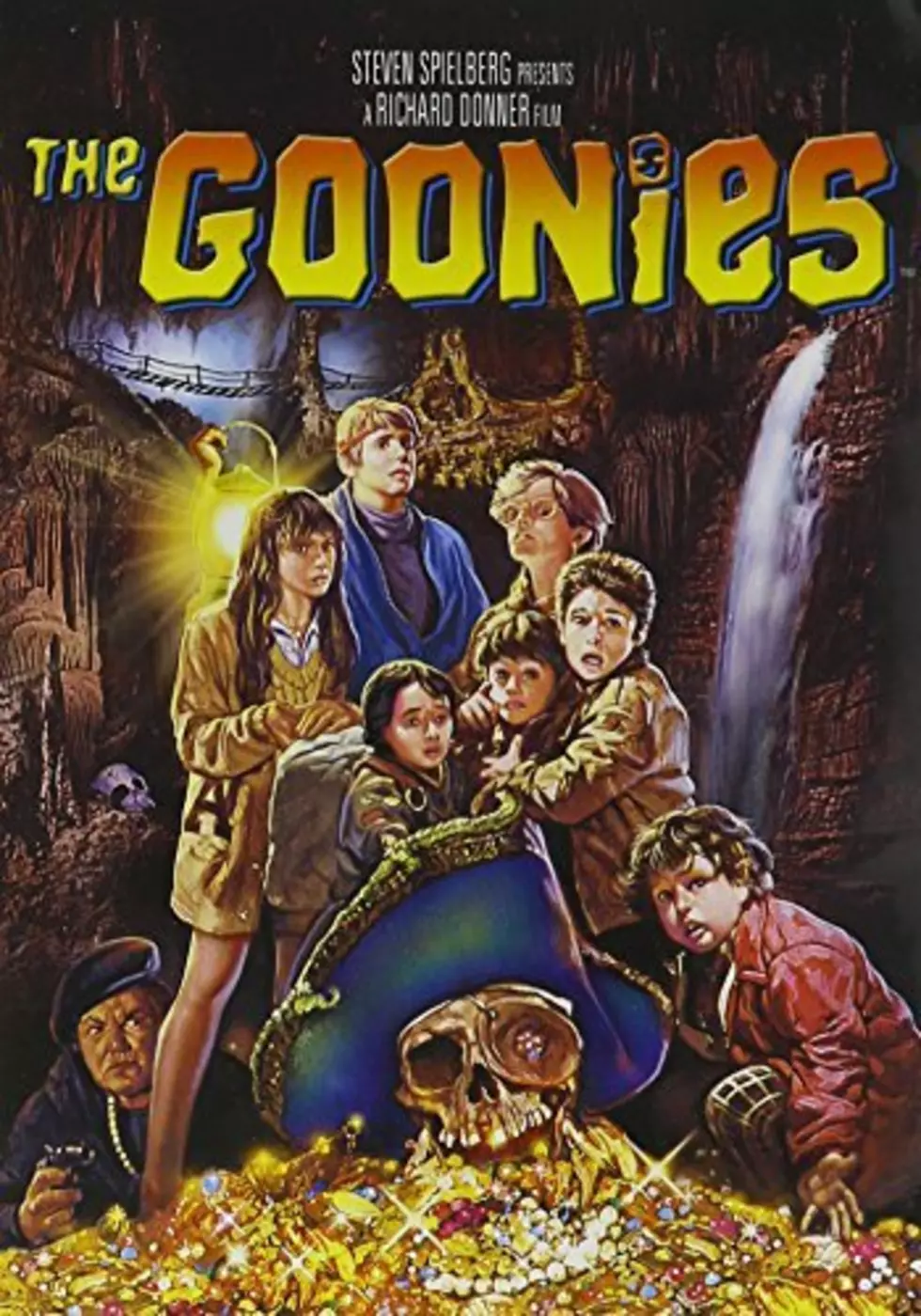30 Years Ago: Terence Trent D’Arby’s Big Talk Defines His Big Hit ‘Hardline’
Like a lot of young artists, Terence Trent D'Arby was proud of his debut album. Unlike a lot of young artists, he gave full voice to that pride. In the end, both the album and those boastful statements ended up defining him forever.
Worldly beyond his years, the long-time Florida resident's family ended up moving around a lot when he was a kid; later, he was a Golden Gloves contender, and an Army enlisted man in Germany. By the time he signed with Columbia as a solo artist, the UK-based singer-songwriter had developed a distinctive approach to R&B-infused pop – and a steely resolve.
Introducing the Hardline According to Terence Trent D'Arby, released on July 13, 1987, was an immediate hit in England, where D'Arby entered the charts at No. 1. Within three days, the album – which spawned four hit singles – had already gone platinum.
D'Arby, meanwhile, could be found declaring himself a genius, and describing his debut as better than the Beatles' legendary Sgt. Pepper's Lonely Hearts Club Band. Bumptious interviews like that certainly helped stoke continued interest but, even back then, D'Arby seemed wary of how his out-sized personality might impact him down the road.
"You've got to realize that I said a lot of [outrageous] things in England," D'Arby told the Washington Post in 1988. "A lot of it was what I truly believed, but a lot of it was exaggerated to make a point. You have to hit people over the head to make them notice, and I did it. I know how to play the game. But now I'm worried that a lot of people in America think I am some kind of hype because of all that has been written in England, and I'm very serious about my music and my career. I don't want to be just the latest curiosity."
Of course, that's precisely what happened. But not before he did, indeed, find sweeping success in the U.S. "Wishing Well" topped the Billboard pop and R&B charts later in 1988, then "Sign Your Name" raced into the Top 5, while Hardline ultimately sold some nine million copies. D'Arby won a Grammy for best male R&B performance.
Already, however, a backlash as brewing. D'Arby made the cover of Rolling Stone, but with the headline: "A Legend in His Own Mind?"
Listen to Terence Trent D'Arby Perform 'Sign Your Name'
Complaints about his humility and grace were only compounded by confusion when D'Arby moved far afield of the fizzy soul-rock-pop-funk template set forth on Introducing the Hardline According to Terence Trent D'Arby. Rightly or wrongly, he got pegged as an egotist one-hit wonder, then became largely ignored. Subsequent albums dabbled in psychedelia (1989's Neither Fish nor Flesh) and guitar rock (1993's Symphony or Damn), with quickly diminishing commercial returns.
By the 2000s, D'Arby had legally changed his name to Sananda Maitreya, perhaps in an effort to close the door on the more difficult parts of his past. "It felt like I was going to join the 27 Club," D'Arby told the New Statesman in 2015, referring to the age legends like Jim Morrison, Janis Joplin and Kurt Cobain died. "And psychologically I did, because that is exactly the age I was when I was killed."
Still, Introducing the Hardline According to Terence Trent D'Arby in general – and "Wishing Well," in particular – continue to resonate with listeners of a certain age. In an era of big drums and even bigger hair, D'Arby came off like a much-needed R&B revivalist. It was something that always chafed the more eclectic-minded D'Arby, but nevertheless became his lasting legacy.
Would any of it have happened if he hadn't indulged in so much hype-inducing braggadocio? Even D'Arby himself has asked the question.
"I was aware of all the artists who make good debut records over the years, but no one hears them – and I wanted to make sure that didn't happen in my case," D'Arby told the Los Angeles Times in 1989. "So, I was prepared to say whatever it took to get the songs heard. But I now see I came on so strong in the early interviews in England that it was impossible to straighten things out. ... But I've no regrets. I'm not trying to come off as poor, misunderstood Terence. If I had to do it all over again, I'd probably do the same thing. because it worked. People heard the album."
The 50 Sexiest (and Definitely NSFW) Alternative Album Covers
More From










